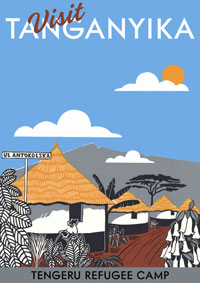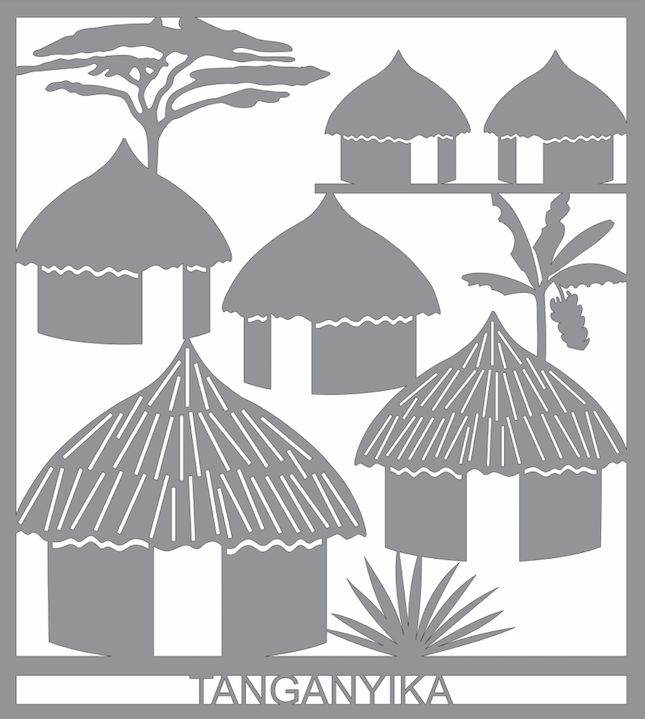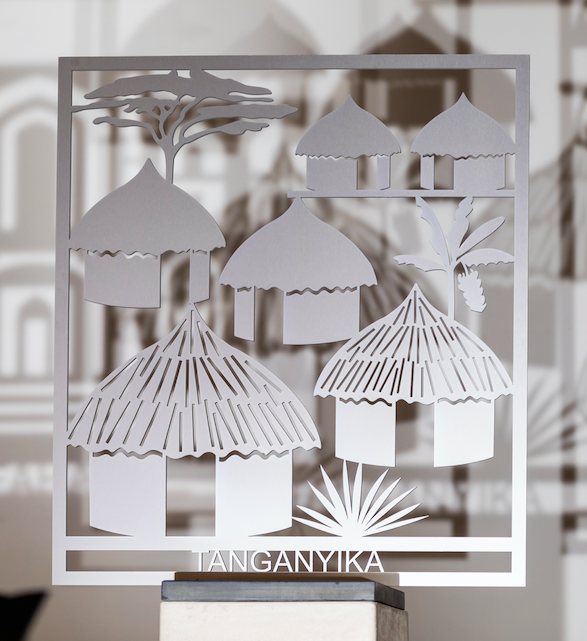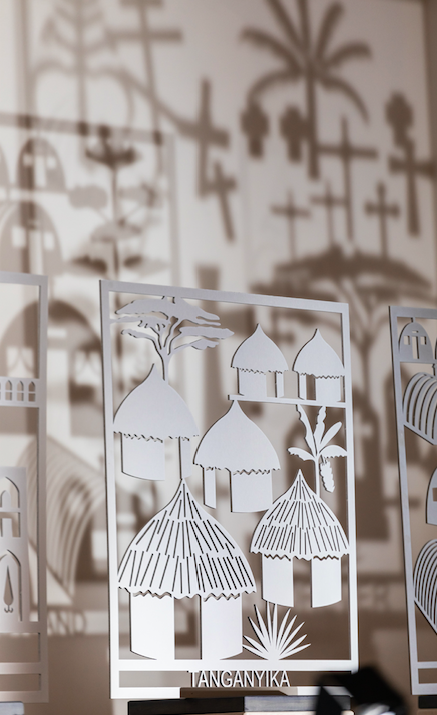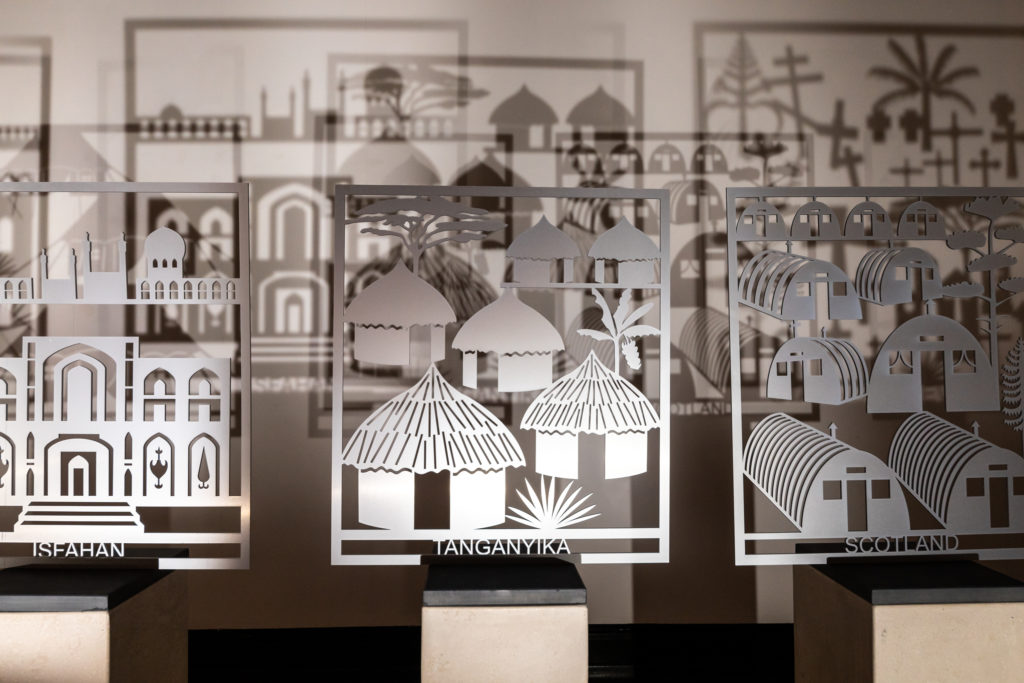
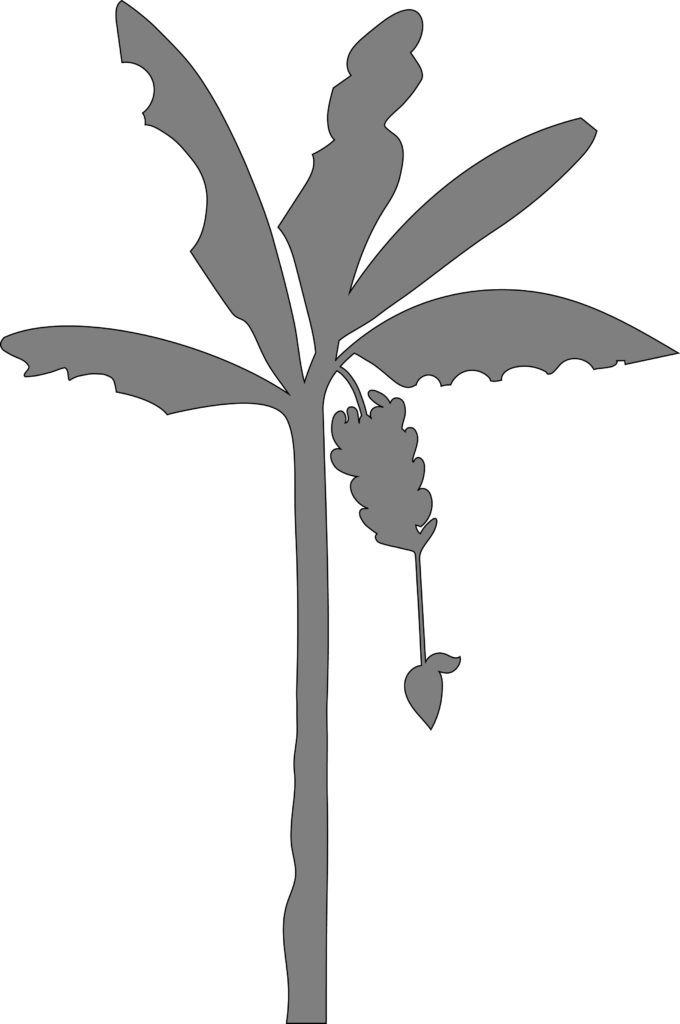
After a few months in Persia, the 2nd Polish Corps and their families parted company. The soldiers travelled west to fight with the British army in Italy and Palestine, while their families had to move on again since they could not continue to live in Persia.
This time they would be sent to various countries throughout the British Empire to sit out the war. So another long journey began for Anna Sokulska Forster and her family, through Iran via Ahvaz – where Anna made a life-long friend of a young woman called Irena, who slept next to her on the floor of a warehouse. It was a hair-raising journey, on bad roads through mountains, to a port on the Persian Gulf where they boarded a boat to Karachi (at that point, in India; now, of course, in Pakistan).
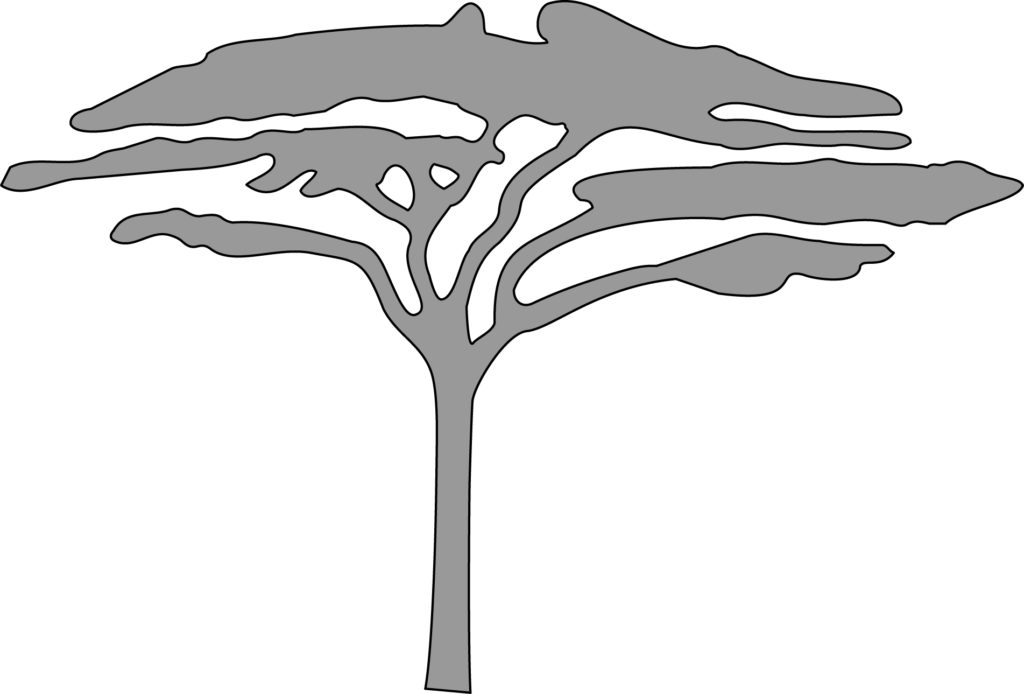
After a couple of months there, in early 1943, Anna, her mother and two young brothers boarded another boat and sailed for six weeks down the east coast of Africa to Mombasa in Kenya. From there they were sent to a camp in Tanganyika (now Tanzania) where they were housed in rondavels (traditional thatched huts) built for them by the local population under the British Authorities. The camp, Tengeru, was the largest in East Africa, with 4000 deportees. A farm was created, a church was built, schools were established and the families were able to settle for a few years in a warm climate with plenty of food. There were downsides in the form of malaria, snakes, and various unpleasant insects, but generally life was good.
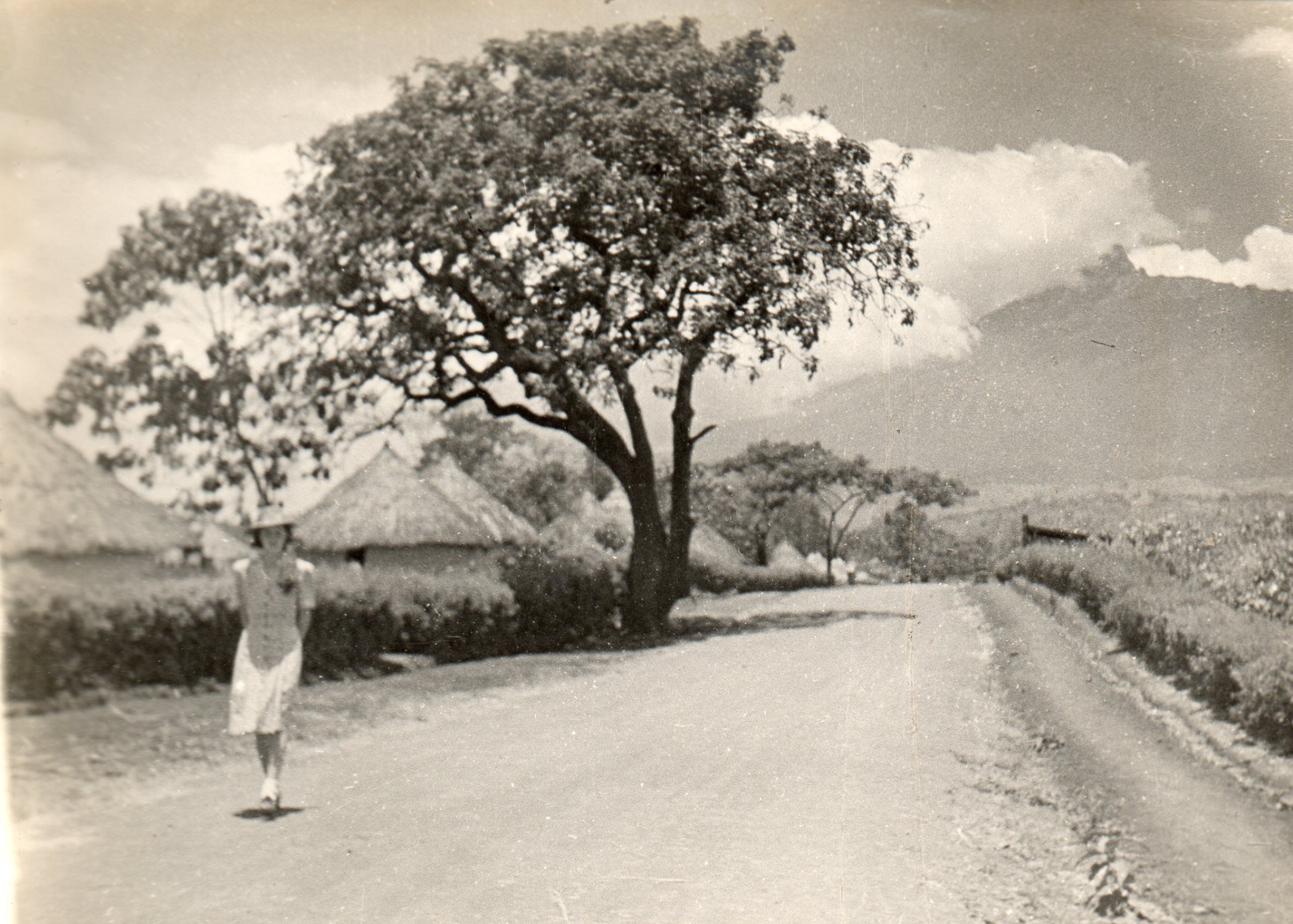
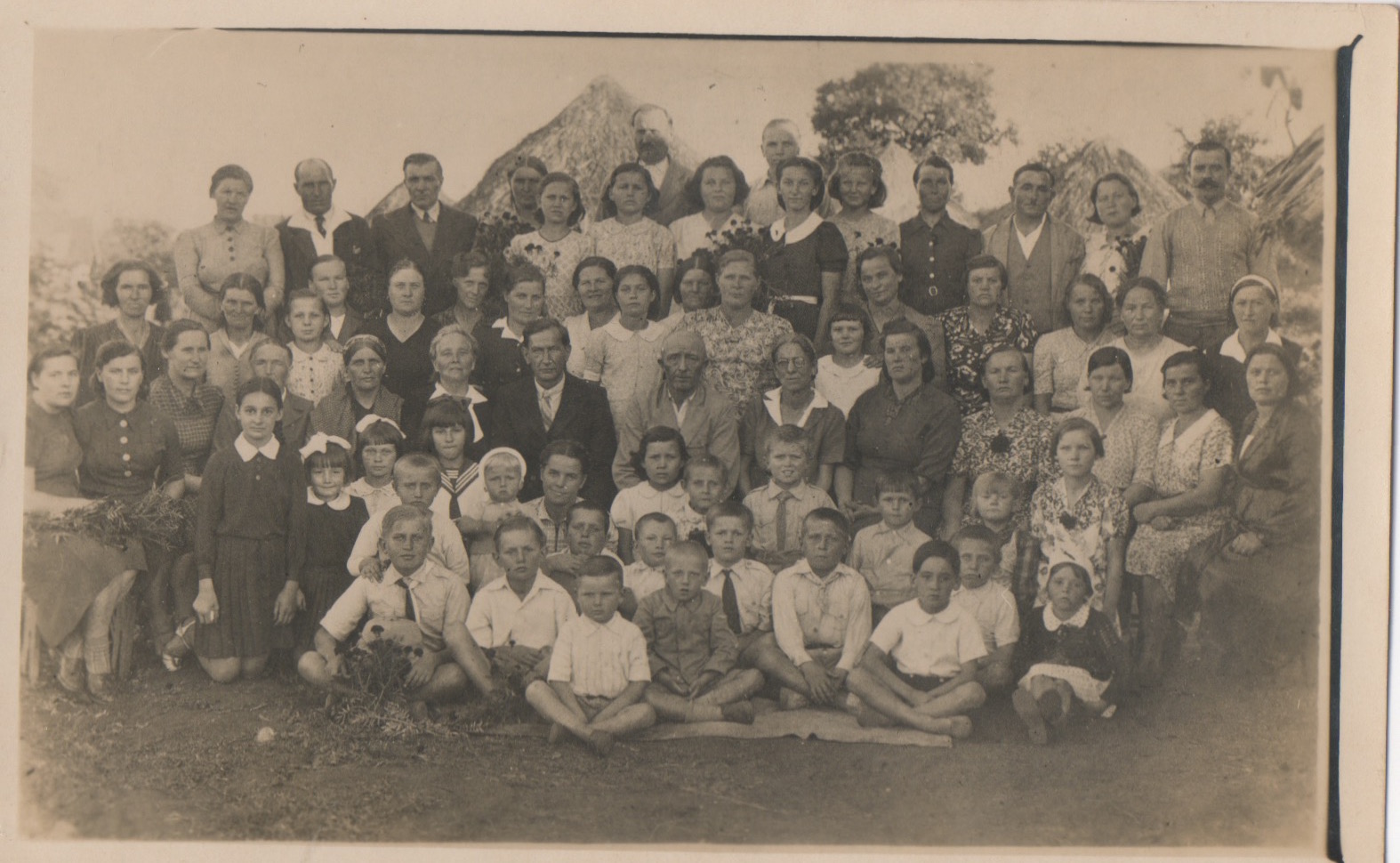
Diana Forster has some photographs of her mother and grandmother at Tengeru. She has also created some other art to reflect the duality of this place: in an ironic ‘advertising poster‘ she captures both its attractiveness and temporariness, as a ‘place to visit’ but not ‘somewhere to stay’. Tengeru was an important staging post for many Polish refugees on their slow journey back to some kind of normal life, and some kind of control. But as for other forms of shelter en route, it was yet another form of limbo (however pleasant), chosen and managed by others – not a place they could make home.
